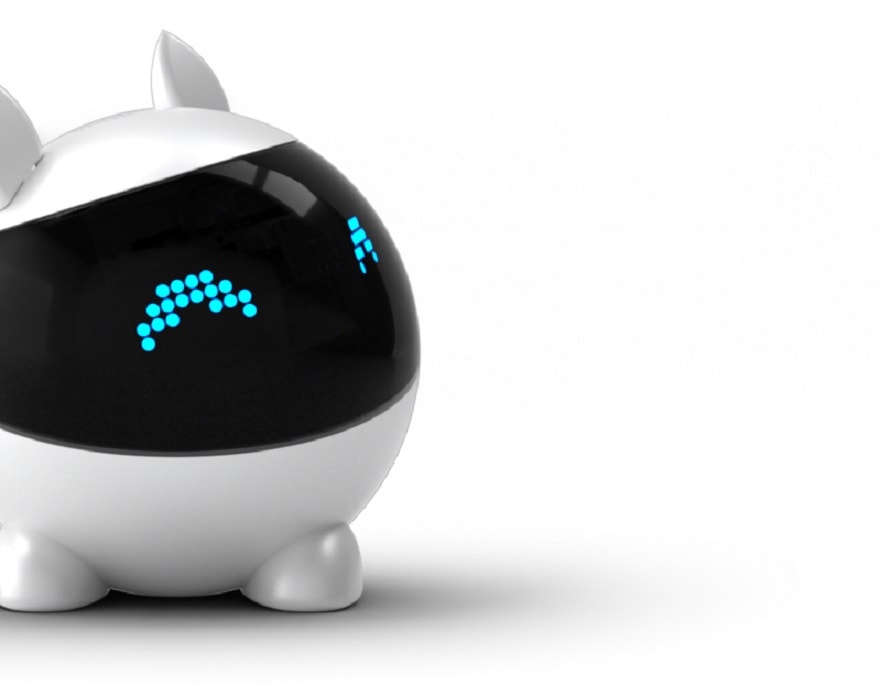READ IN UP' : Schools-Universities and Companies: how to strengthen ties? Interview with Yannick Vimont, Deputy Director of MINES ParisTech
The engineering school MINES ParisTech's ambition is to increase its leadership in the field of predictive sciences for the Industry of the Future, by mobilising all of its skills in an R&D and training offer that takes advantage of the convergence of intensive computing resources, numerical simulation tools and data processing algorithms. An example is the MINDS project for Mines Initiative for Numerics and Data Science, which aims to synthesize numerical simulation and artificial intelligence.
Ahe MINDS project for Mines Initiative for Numerics and Data Science, is a novel interdisciplinary platform for the convergence of scientific computing and data science for the Industry of the Future. A digital research and development platform, common to several research laboratories, coupling the world of digital simulation and artificial intelligence. Objective ? Aggregate the developments and software components resulting from the skills of the different centres, create synergies between researchers, and respond more broadly to the demands of companies.
Begun in September 2018, MINDS is a project of the Carnot MINES institute, which brings together teams from fifteen research centers from different institutions (MINES ParisTech, IMT, Mines d'Albi, d'Alès, Douai and Saint Etienne, Télécom ParisTech) around a key issue: equipping ourselves with modern IT tools in predictive science for the Industry of the Future.
MINDS aims to create a common digital research and development platform coupling Digital Simulation and Artificial Intelligence, in order to offer precise and complete answers to the industrial world. By creating a real scientific community on this subject, MINDS will accelerate the development and coupling of intensive computing and data science. The platform will articulate a layer of intensive computing, algorithms for the simulation of physical phenomena, data processing and learning as well as algorithms for the simulation of human behaviour.
These developments aim to accelerate the design-industrialization cycle of a product by making "machine learning" in real time. AI will allow immediate testing of parameters (physics, or in fluid mechanics), to study their effects on the digital twin. In the same way, this tool will be very useful for predicting the behaviour of a material and its lifespan in such or such condition of use. In particular, it is a question of completing the software offer, by proposing for example modeling tools for new processes, to be able to carry out massive "offline" processing for the optimization of industrial manufacturing or operating processes, and AI-based predictive models obtained by model reduction or learning techniques that can be used in real time in operation or production.
The shared development of the MINDS platform ensures the interoperability of the different components and software solutions and moves resolutely towards the convergence of intensive computing and data science.
MINDS thus constitutes an extraordinary potential of value creation, to revolutionize the current industrial processes, and to allow its partners to benefit from an undeniable economic advantage.
" The impact is immediate. The HPC-DATA convergence proposed in MINDS thus offers the prospect of a system based on artificial intelligence capable of intervening in real time in the different fields of expertise of MINES ParisTech: it is a renewed vision of knowledge hoarding and a modern tool for transmission and teaching. "explains Elie Hachem, MINDS project leader, Professor MINES ParisTech.
In short, MINDS could reduce the development time of a car by 3 to 4 years today or an aircraft by 6 to 7 years.
It is natural that Mines ParisTech is a leader in this programme since it devotes approximately 50% of its research potential to predictive sciences. The school has also introduced new courses on big data at the start of the 2019 academic year throughout the engineering cycle.
This project will be presented on July 2 at the MINES ParisTech ResearchDay
Login
0 Comments
Inline Feedbacks
View all comments












